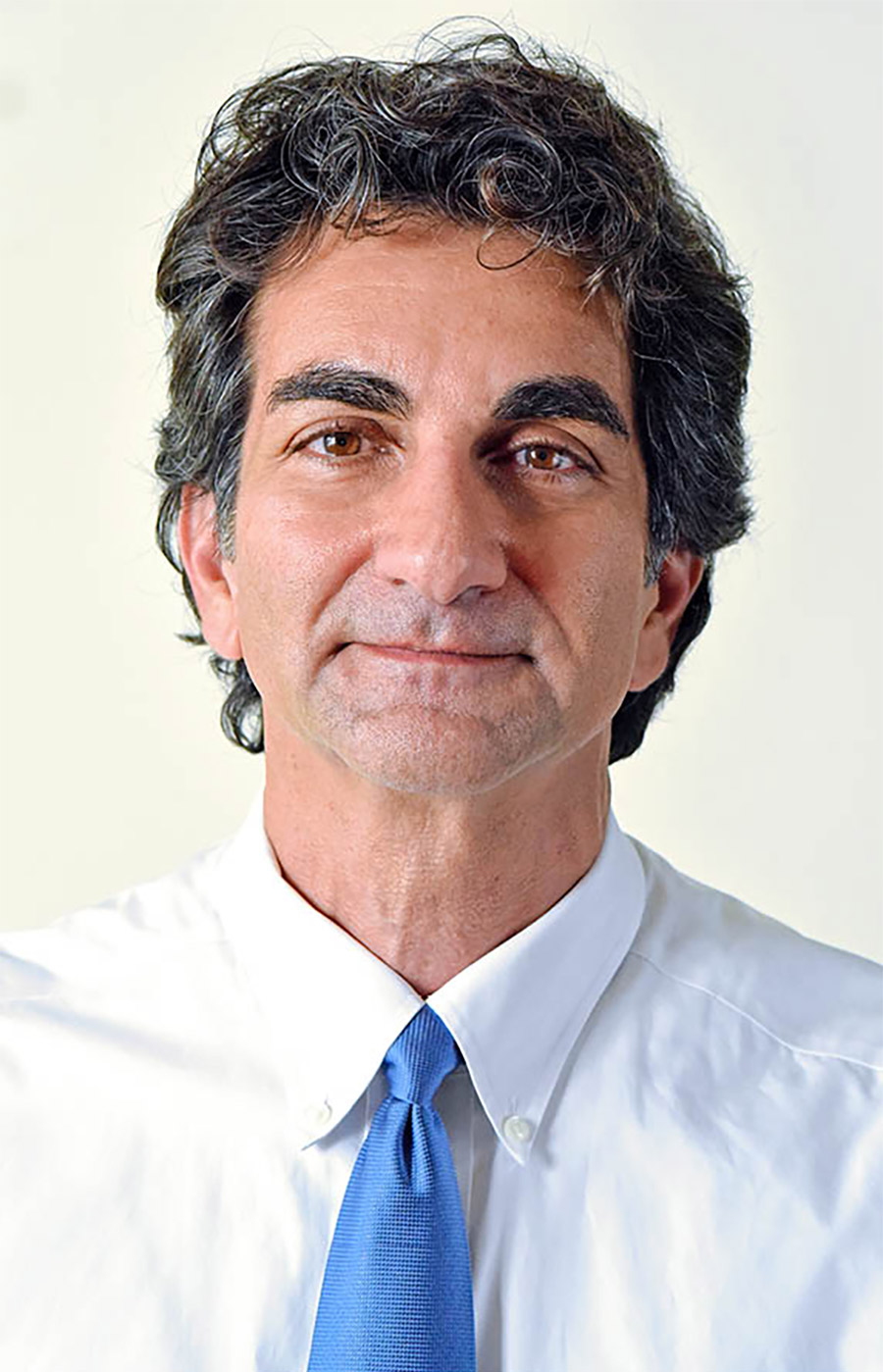PROFILE
Helping a Country in Crisis
Today, as the legal counsel to an environmental nonprofit, he’s using his storytelling skills to minimize health risks for vulnerable people in remote communities.
Karanian is an attorney and policy adviser for Environmental Strategies International (ESI), a nonprofit that partners with governments, international agencies, academics and community leaders to design and implement solutions to environmental problems. Karanian, who runs a private law practice in Pasadena, Calif., joined ESI on a volunteer basis in 2015. He traveled to Bangladesh earlier this year and will return this fall to support ESI’s efforts to provide clean, safe water to local communities.
In 2018, ESI and Chemists Without Borders (CWB) tested water wells in Bangladesh and discovered the water contained dangerously high levels of arsenic. “The World Health Organization called the situation in Bangladesh ‘the largest mass poisoning of a population in history,’ ” Karanian says.

Karanian says his efforts in Bangladesh are linked to an early influential life experience — working as a student journalist for The Bucknellian.
“My time as an editor for The Bucknellian really impacted my life, my career and my approach to social issues,” says Karanian, who majored in political science. “When you’re 19 or 20, your brain is still forming, and during that influential time in my life, The Bucknellian helped me form a brain that understood the importance of communication, collaboration and speaking out about issues of importance. We used stories to help the community understand the day’s issues and influence outcomes. That’s what I’m doing today.”